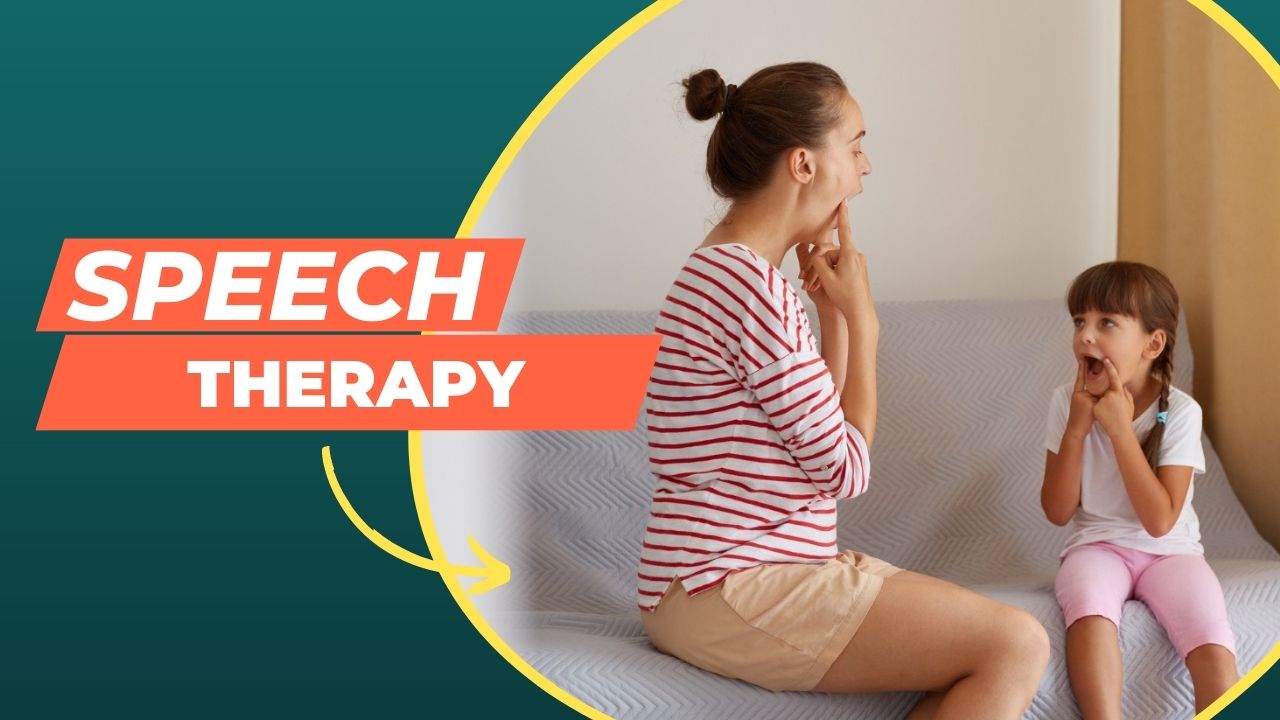What is Autism Spectrum?
Variations in the brain result in an Autism Spectrum Disorder (ASD) – developmental disability. Restricted or repetitive behaviors or interests, as well as social communication and interaction, are issues that people with ASD frequently struggle with. Additionally, individuals with ASD may move, pay attention, or learn in unique ways.
It’s important to keep in mind that some people who do not have ASD might also experience some of these symptoms.
Diagnosis
At routine checkups, the doctor for your child will look for indicators of developmental delays. If your child displays any indications of autism spectrum disorder, you will likely be directed to a specialist who treats children.
Making a diagnosis may be challenging because the symptoms and severity of autism spectrum disorder vary greatly. Our Doctor may:
- Ask your child about his or her behavior, communication abilities, and social interactions to see how they have evolved over time.
- Tests for hearing, speech, language, developmental stage, and social and behavioral issues should be administered to your child.
- Give your child practiced social and communication interactions, then evaluate their performance.
- Use the criteria in the Diagnostic and Statistical Manual of Mental Disorders published by the American Psychiatric Association (DSM-5)
- Include more medical professionals when making a diagnosis
Treatment
Speech Therapy is used to treat Autism Spectrum Disorder; you can contact The Web Autism for the best medical treatment.
What is Speech Therapy
Communication issues and speech disorders are evaluated and treated in speech therapy in ghaziabad. Speech-language pathologists (SLPs), also known as speech therapists, are the ones who carry it out. To improve communication, speech therapy methods are used. These might involve articulation therapy, language intervention exercises, and other things, depending on the kind of speech or language impairment.
Speech disorders that appear in childhood or speech impairments in adults brought on by an illness or injury, such as a brain injury or stroke, may require speech therapy.

Why do you need speech therapy?
Many speech and language disorders can be effectively treated with speech therapy.
- Articulation disorders. An articulation disorder is an inability to correctly produce a particular word sound. A child with this speech issue may omit, switch, distort, or add word sounds. An example of word distortion would be to say “thith” instead of “this”.
- Fluency disorders. Speaking at an erratic pace, rhythm, or fluency. Fluency issues include stuttering and cluttering. A person with stuttering has trouble making sounds, and their speech may be interrupted, obstructed, or partially repeated. Cluttering is characterized by rapid speech and word blending.
- Resonance disorders. Resonance disorders are when the vibrations in charge of voice quality are changed as a result of a blockage or obstruction of normal airflow in the nasal or oral canals. Another possibility is improper closure of the velopharyngeal valve. Neurological conditions, swollen tonsils, and cleft palate are frequently linked to resonance disorders.
- Receptive disorders. A person’s capacity to understand and absorb language is impacted by receptive language impairment. This could limit your vocabulary, make it difficult for you to understand what someone is saying, or make you seem uninterested when they are speaking. Other language disorders, autism, hearing loss, and head trauma are all risk factors for developing a receptive language disorder.
- Expressive disorders. Poorly expressed or conveyed information is a sign of expressive language impairment. You may have an expressive problem if you find it difficult to put complete sentences together, perhaps by using the incorrect verb tense. It is linked to developmental disabilities like Down syndrome and hearing loss. Injuries to the head or a medical condition can also cause it.
- Cognitive-communication disorders. Communication issues brought on by harm to the part of the brain that controls thought are the hallmark of a cognitive communication disorder. It could result in memory issues, problem-solving issues, and communication or listening issues. It might result from biological problems, such as abnormal brain development, particular neurological illnesses, a brain injury, or a stroke.
- Aphasia. The ability to speak and understand others is affected by this acquired communication disorder. The ability to read and write is frequently also impacted. Although there are many different types of brain diseases that can lead to aphasia, strokes are by far the most common culprit.
- Dysarthria. Sluggish or slurred speech is a symptom of this illness, which is caused by weakness or an inability to regulate the muscles required for speaking. Most frequently, nervous system disorders and diseases like multiple sclerosis (MS), amyotrophic lateral sclerosis (ALS), and stroke are to blame for facial paralysis or throat and tongue weakness.
What happens during speech therapy?
Web Autism provides excellent speech therapy in Ghaziabad by properly assessing the individual. Speech therapy is frequently preceded by an SLP assessment, which determines the type of communication problem and is the most effective course of treatment.
How long do you need speech therapy?
The length of time a person requires speech therapy depends on a few things, such as:
- their age
- type and severity of the speech disorder
- frequency of therapy
- underlying medical condition
- treatment of an underlying medical condition
Best Speech Therapy in Ghaziabad
If you need speech therapy then for the benefit of your numerous joys, The web autism has assembled a group of professionals that give their best and handle each problem scientifically and methodically. A quick recuperation benefits from a warm, cozy setting. If you live close to or in Ghaziabad, you have the option of receiving offline treatment. Otherwise, you can take online treatment.


